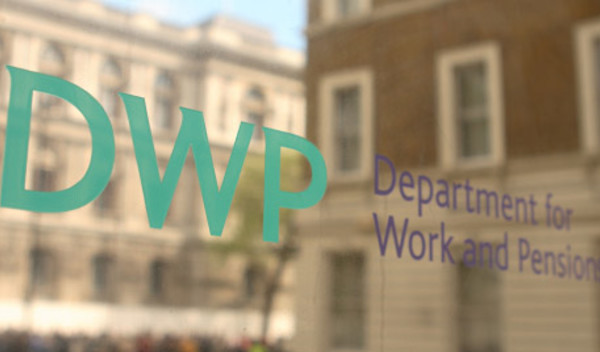

The Department for Work & Pensions has clarified the treatment of mortgage protection income under the new system for state benefit assessments in a move that could see protection products overhauled.
The Building Resilient Households Group sought clarification from the DWP in light of changes to the law in April excluding those who suffer loss of income due to sickness or other causes from the provision of state benefits to cover mortgage payments.
The DWP has since confirmed that under the new system, income protection payouts will not be taken into account when assessing means-tested benefit entitlement - provided the policy is specifically intended and used to cover mortgage repayments.
The qualification applies to both legacy benefits and universal credit.
Richard Walsh, joint chairman of the Building Resilient Households Groups, said the clarification means people who choose to protect their mortgage payments with an appropriate insurance policy can do so without fear their payouts will lead to benefits being cut.
Further DWP guidance confirmed that insurance payouts entirely restricted to the payment of a mortgage, such as those paid directly to a lender, will be fully disregarded from benefit assessment.
However, in cases where a claimant has an element of choice in how payouts are spent, the DWP will judge what portion of the payment is intended to cover mortgage payments and is therefore exempt.
Mr Walsh said: “Insurers may see opportunities to design new protection policies with a portion specifically designated to cover mortgages.
“Advisers should alert clients to the risk that loss of income through sickness or other causes may lead to mortgage holders into spiralling debt – and advise on appropriate protection.”
Following changes to the law in April, claimants seeking state help with mortgage payments may qualify for a support for mortgage interest loan (SMIL).
The DWP clarified mortgage protection payments would be taken into account when considering an application for a SMIL- a scenario the Income Protection Task Force described as “unlikely” due to claimants having no need for a loan whilst receiving mortgage specific income protection payments.
Kevin Carr, chairman of the Income Protection Task Force, said there has been quite a lot of confusion in the market about how state benefits interact with protection insurance because of its complicated nature and moving goal posts.
He said: “This is a big step in the right direction for consumers and the protection industry. There is more work to be done, especially around those who are renting, but the work done here has been incredibly important so far.”
Tom Baigrie, chief executive of protection advisers LifeSearch, agreed that the most recent DWP clarifications are an important step in making private provision of disability benefits “dove-tail sensibly” with those offered to some by the state.
He said: “I look forward to seeing a competitive race to launch the best and simplest to buy mortgage protection cover that pays its benefits to the lender and so meets the DWP conditions.
“That would be the first step in the transformation of income protection into a cover all consumers will want to have.”
rachel.addison@ft.com



